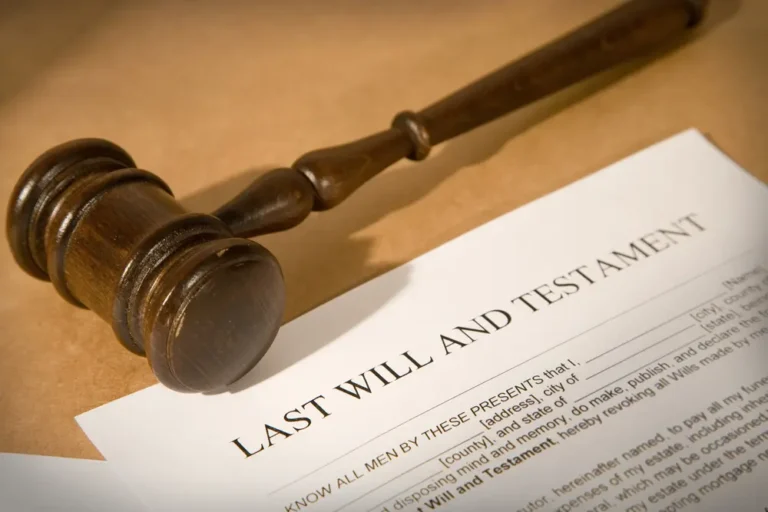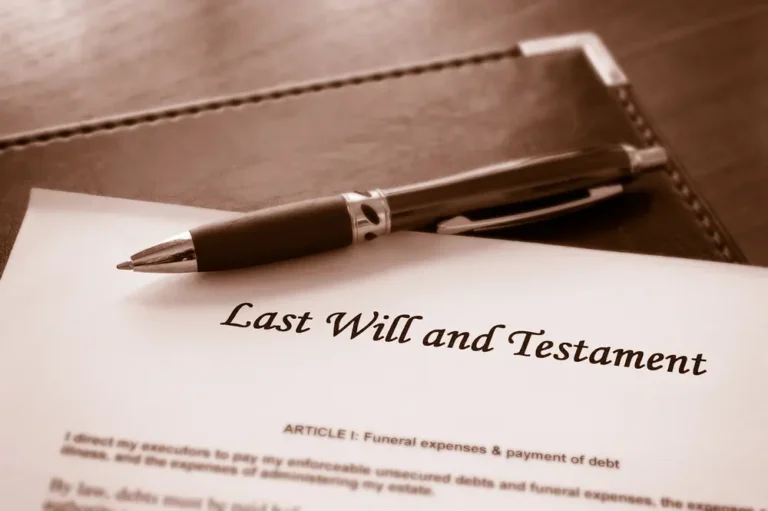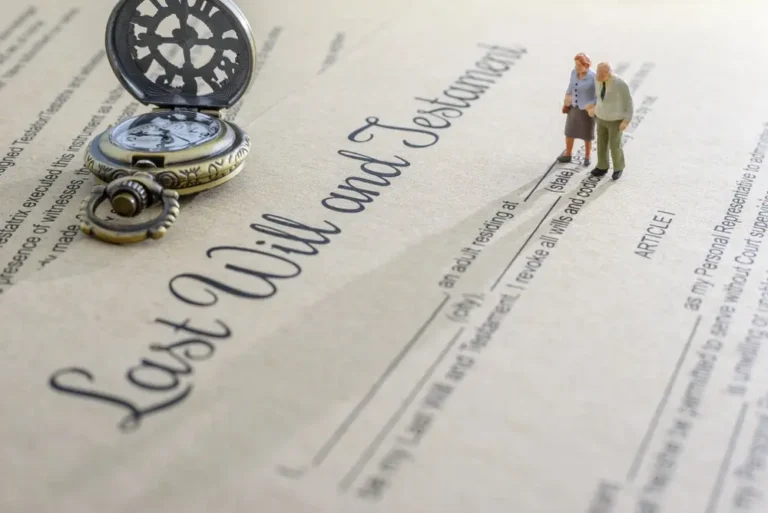Who Needs an Estate Plan?~3 min read
Many people think estate planning is only for the wealthy, but the reality is that everyone can benefit from having a plan in place. Whether you own a home, have savings, or simply want to make things easier for your loved ones, an estate plan ensures that your wishes are followed. It helps protect your assets, provides guidance for important decisions, and offers peace of mind for the future.
Why Estate Planning Matters for Everyone

Estate planning is about making sure your wishes are followed if something happens to you. Without a plan in place, the courts decide how your assets are distributed, which may not align with what you want. It also helps your loved ones avoid unnecessary stress, confusion, and legal battles during an already difficult time.
Who Should Consider an Estate Plan?
1. Parents with Minor Children
If you have young children, an estate plan allows you to designate a guardian who will care for them if you pass away unexpectedly. Without a plan, the court may decide who raises your children, and it might not be the person you would have chosen.
2. Single Individuals
Even if you’re not married or don’t have children, you likely have assets, whether it’s a car, a bank account, or personal belongings. An estate plan ensures your assets go to the people or charities you care about rather than being distributed according to state laws.
3. Married Couples
Marriage doesn’t automatically mean your spouse will inherit everything seamlessly. Proper estate planning ensures that your spouse has access to necessary financial resources and that your shared assets are handled the way you both prefer.
4. Homeowners
If you own property, an estate plan can help your heirs avoid lengthy and costly probate proceedings. A well-structured plan can allow for a smooth transfer of ownership.
5. Business Owners
If you own a business, an estate plan ensures a clear succession plan is in place. This prevents disruptions, protects employees, and preserves the legacy of what you’ve built.
6. People with Retirement Accounts or Life Insurance
Beneficiary designations on accounts like 401(k)s, IRAs, and life insurance policies are part of estate planning. Making sure these are up to date prevents confusion and guarantees the right people receive the benefits.
7. Individuals with Medical Concerns
A health crisis can happen unexpectedly. Having advance directives, like a living will or healthcare power of attorney, ensures that your medical wishes are respected if you become incapacitated.
What Happens Without an Estate Plan?
Without an estate plan, state laws determine how your assets are divided, which might not align with your intentions. This could lead to family disputes, excessive legal fees, and delays in asset distribution. Additionally, not having a healthcare directive or power of attorney could mean that important medical or financial decisions are made by a court-appointed stranger rather than someone you trust.
Start Planning Today
Estate planning isn’t just about wealth. It’s about protection, peace of mind, and ensuring your wishes are honored. Whether you’re young or old, single or married, having a plan in place makes life easier for those you leave behind.
If you haven’t started your estate planning yet, now is the time to take action. At Springer & Lyle, we’re here to guide you every step of the way. Contact Daniel Abasolo at 940.370.4033 to schedule a consultation and find out how we can help you create an estate plan that fits your needs and protects your future.
Springer & Lyle is located at 1807 Westminster, Denton, TX 76205.









